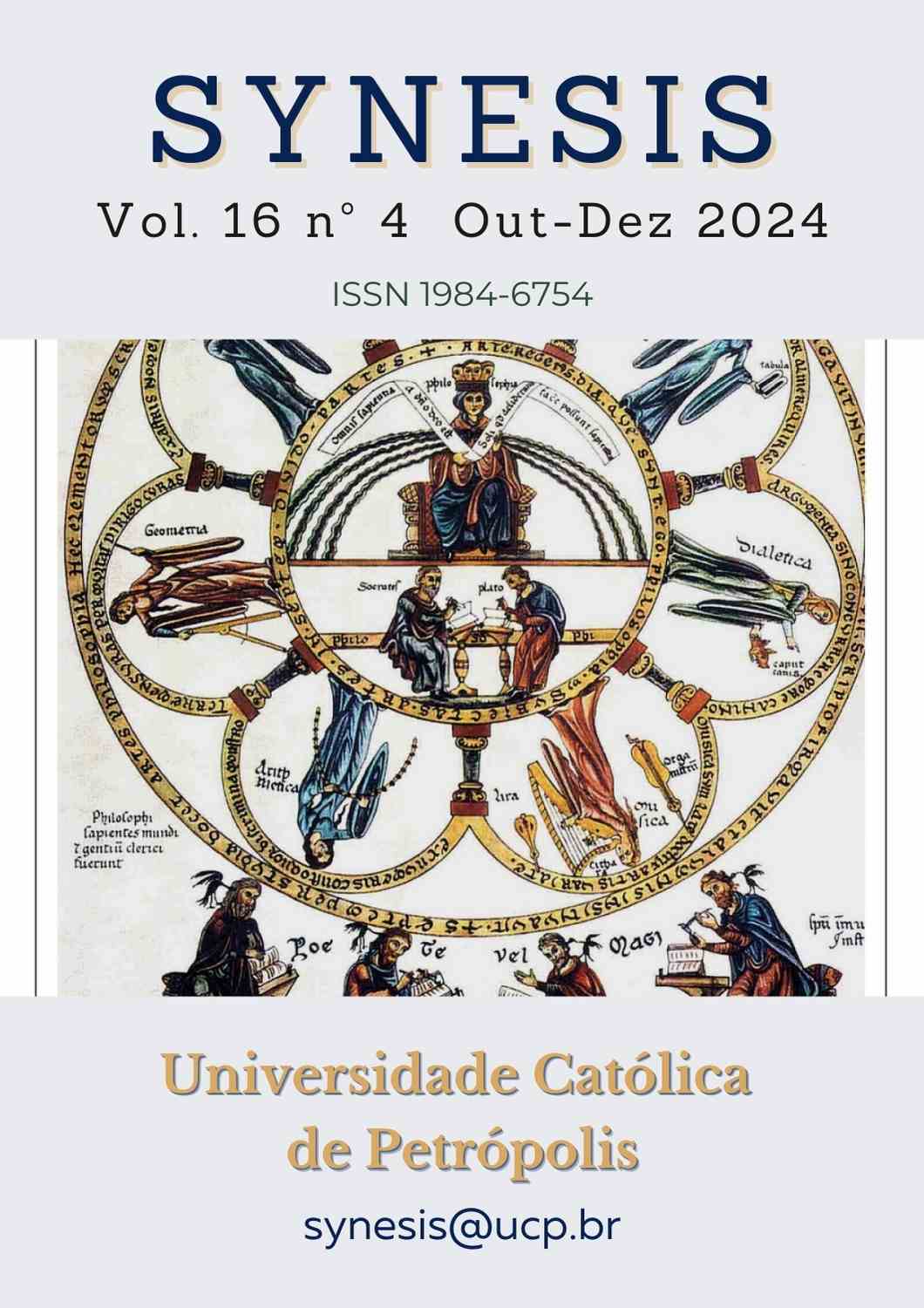Resumo
Este artigo avalia a existência humana na era digital através das lentes da filosofia de Immanuel Kant. À medida que a inteligência artificial remodela nosso mundo, surgem questões fundamentais: os humanos continuam sendo os sujeitos livres e criativos da cognição? Em um mar de conhecimento avassalador, eles ainda conseguem discernir a verdade? Nesta era de existência dupla — abrangendo os mundos real e digital — os humanos são livres para escolher o comportamento ético? À medida que a beleza natural se entrelaça com as criações artificiais, a humanidade ainda é o padrão de beleza? Essas questões são exploradas dentro da estrutura do pensamento kantiano, complementadas pelas perspectivas do autor.
Referências
Academy of Sciences of the USSR. (1962). The history of philosophy: German classical philosophy. Su That Publishing House.
Morichere, B., & colleagues. (2010). Western philosophy from its beginnings to the contemporary era. Culture and Information Publishing House.
Still, D., & Stillman, J. (2019). Generation Z unfiltered: Facing nine hidden challenges of the most anxious population. Industry and Trade Publishing House.
Caygill, H. (2013). A Kant dictionary. Tri Thuc Publishing House.
Gardner, H. (2022). Truth, beauty, and goodness reframed: Educating for the virtues in the 21st century. Tri Thuc Publishing House.
Ho, S. Q. (2020). Immanuel Kant: From critical philosophy to the study of humanity. Retrieved from http://www.triethoc.info/2020/10/immanuel-kant-tu-triet-hoc-phe-phan-en.html.
Kant, I. (2004). Critique of pure reason. Literature Publishing House.
Kant, I. (2007a). Critique of judgment. Tri Thuc Publishing House.
Kant, I. (2007b). Critique of practical reason. Tri Thuc Publishing House.
Marx, K., & Engels, F. (1995). Collected works (Vol. 23). National Political Publishing House.
Marx, K., & Engels, F. (2000). Collected works (Vol. 12). National Political Publishing House.
Le, C. S. (2012). Humanity through the lens of philosophers. National Political Publishing House.
Le, T. N. (2007). What is the root of thought? The philosophical journey from Kant to Heidegger. Literature Publishing House.
Le, T. T. (2014). Four pillars of modern Western philosophy: Descartes, Kant, Hegel, Marx. Tre Publishing House.
National Library of Vietnam. (2018). The digital age and factors influencing users' information needs. Retrieved from https://nlv.gov.vn/nghiep-vu-thu-vien/thoi-dai-ky-thuat-so-va-nhung-yeu-to-anh-huong-toi-nhu-cau-tin-cua-nguoi-dung-tin.html.
Nguyen, T. T. H. (2010). Marx's concept of alienation and its relevance to human development in contemporary Vietnam. National Political Publishing House.
Tran, T. D. (2014). Kantian philosophy. Literature Publishing House.
Cambridge Dictionary. (n.d.). Digital age. Retrieved from http://dictionary.cambridge.org/dictionary/english/digital-age.
Fiveable. (2024). Key terms: Digital age. Retrieved from https://library.fiveable.me/key-terms/apush/digital-age.
YourDictionary. (n.d.). Digital age. Retrieved from http://www.yourdictionary.com/digital-age.
Harari, Y. N. (2018). Homo deus: A brief history of tomorrow. The World Publishing House.
Harari, Y. N. (2020). 21 lessons for the 21st century. The World Publishing House.
Harari, Y. N. (2024). Nexus: A brief history of information networks from the stone age to AI. The World Publishing House.

Este trabalho está licenciado sob uma licença Creative Commons Attribution-NonCommercial-NoDerivatives 4.0 International License.
Copyright (c) 2024 Synesis (ISSN 1984-6754)

